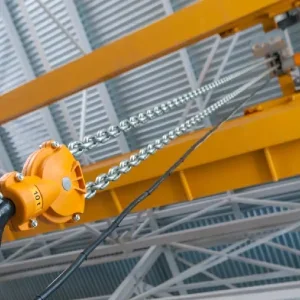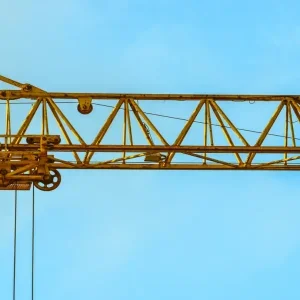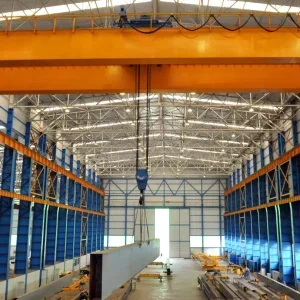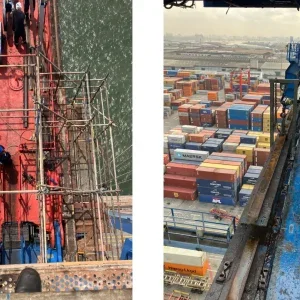Over the past year, crane manufacturers have been targeted by a group called United Against Nuclear Iran, calling on them to cease working in Iran. UANI’s Cranes Campaign points out that the Iranian regime uses cranes in executions.
The question though isn’t whether the Iranian regime commits terrible human rights abuses, but whether targeting crane manufacturers to boycott Iran, beyond the extensive sanctions already in place, will do anything to stop them. As reports from human rights groups regularly demonstrate, the Iranian regime excels at finding ways to inflict pain and take life. Even if no-one ever sold or serviced a crane in the country again, it would not impede the regime from executing people in this manner.
If this campaign has no hope of ending the abuses it highlights, what is its aim? The name of its parent organisation, and statements by one of its co-founders, Dennis Ross, give one possible answer: it is not targeting human rights, but asking business to implement a sanctions policy that politicians have rejected.
Ross has advised, or acted as an envoy for, US presidents Clinton, Bush (senior) and Obama. The New York Times says he is regarded as “one of the most influential behind the scenes figures in Washington” and is “by almost all accounts, Israel’s friend in the Obama White House”.
Writing in Newsweek in November 2008, he called on politicians to Talk tough with Tehran. He wrote, “UN sanctions primarily target Iran’s nuclear and missile industries, not the broader economy… Iran has profound economic vulnerabilities. Its oil and natural-gas industries desperately require new investment and technology. Smart sanctions would force Iran’s leaders to see the high costs of not changing their behaviour.”
Targeting the crane industry to stop supplying the country would hinder Iran’s ability to grow its economy. It would cut the regime’s ability to fund weapons programmes and maintain a brutal security apparatus. It would also make it harder to build schools, homes and hospitals.
Most recently, UANI has targeted a manufacturer of port cranes and material handling equipment. These products have no relation to the truck cranes used in executions. By doing this, is UANI campaigning against human rights abuses? Or is it asking the entire lifting industry to boycott the country?
Manufacturers targeted by this group should consider expressing sympathy for victims of human rights abuses, and explain what they are doing to comply with sanctions. They shouldn’t be pressed into taking a stance on foreign policy issues that are the preserve of politicians.






